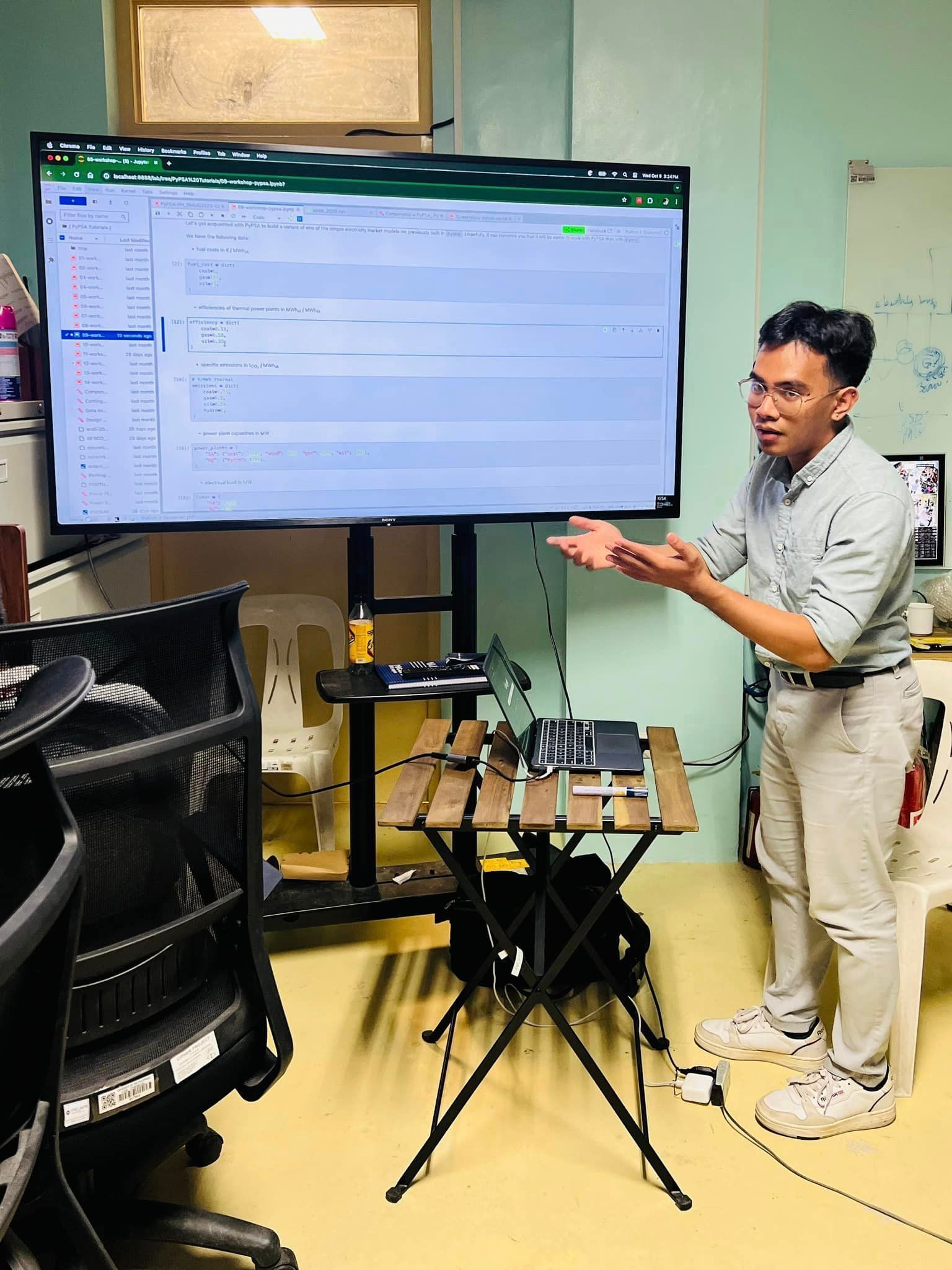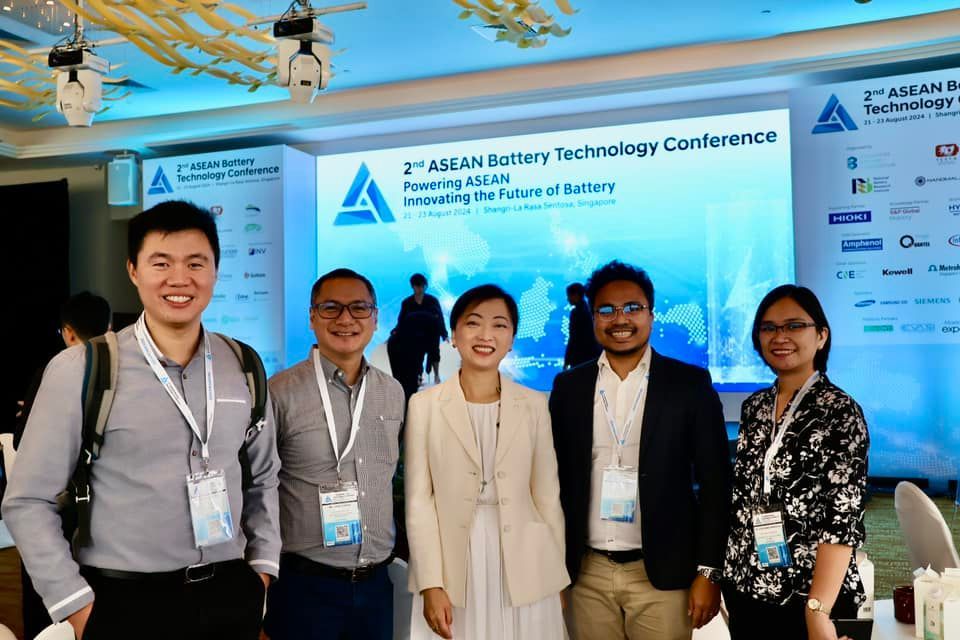Reiner Lemoine Institut welcomes Prof. Ocon as visiting scientist
For two months, Prof. Ocon worked with the Off-Grid Systems group of the Reiner Lemoine Institut in Berlin. There he studied the feasibility of replacing diesel-powered mini/micro grids in NPC-SPUG off-grid areas with solar PV-battery-diesel hybrid energy systems.
The results have been, by large, hopeful: there is huge economic and environmental potential of powering up off-grid areas using alternative sources of energy. Cost-wise, it is expected that renewable energy hybridization can bring down the cost of electricity by 20%, due to savings in diesel importation among other factors. This can have an implication in the reduction of the universal cost of missionary electrification (UCME) subsidy that bridges the gap between the high diesel-based generation cost and the subsidized tariff paid by the consumers.
But this is more than cost reduction. With the renewable systems in place, it is expected to provide cleaner and more reliable source of electricity in all the 215 NPC-SPUG off-grid areas covered in the study, cutting down diesel consumption by 79.5 million liters, reducing CO2 emissions by 213 kilotons, and providing 24/7 access to electricity to more than 75% of the off-grid areas in the study.
Although the total investment can be considerably large, 409 million USD, investment in several areas including Marinduque, Occ. Mindoro, Palawan, Basilan, Sulu, Tawi-tawi, and Sultan Kudarat should provide an attractive rate of return. This study could well be the start of the country’s move to hybrid off-grid electrification.
* The study is supported by Germany’s Federal Ministry of Education and Research (BMBF) and the Philippines’ UP-DOST ERDT.





